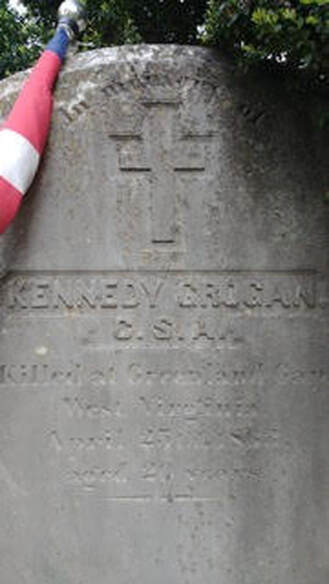 Johnny Reb and Gus Yank Berryvillin': Kennedy Grogan
Johnny Reb and Gus Yank Berryvillin': Kennedy Grogan
Part VIII of XIII
“… Here’s a part of me: Kennedy Grogan, C.S.A.”
“In memory of.”
“Killed at Greenland Gap, West Virginia.”
“Where’s that Johnny?”
“About a hundred miles west.”
“Grogan was killed April 25th, 1863.”
“Aged 20 years.”
“There’s no date of birth.”
“Might have been his birthday.”
“The day a Yank …”
“Right.”
“How’d we get here Johnny?”
“What do you mean?”
“Where ‘Mericans like me are killing ‘Mericans like Grogan.”
“Calhoun.”
“Where’d Calhoun learn usurpin’?”
“Yale.”
“A Northern connection.”
“Still.”
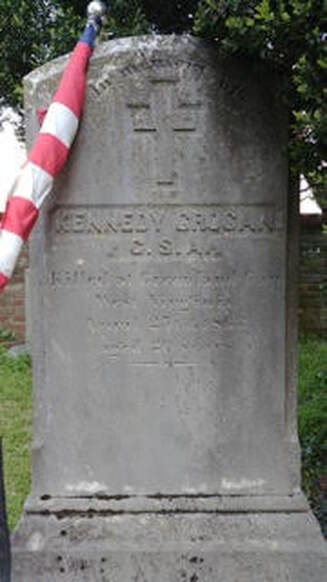 Johnny Reb and Gus Yank Berryvillin': Greenland Gap
Johnny Reb and Gus Yank Berryvillin': Greenland Gap
“What do you know about Greenland Gap?”
“Yanks heard us Rebs were on the move, so they guarded the mountain gaps.”
“Grogan?”
“Why you being so formal?”
“Kenny then.”
“Kenny was riding with about fifteen hundred Confederate cavalry.”
“How many Yanks held the gap?”
“Around ninety.”
“Ninety?”
“Yank infantry fortified a few houses and a two-story, made of oak timbers, German church.”
“Turned it into a fort.”
“We assaulted the church after nightfall.”
“Kenny?”
“His unit, the 35th, was part of the assault.”
“Kenny was killed assaulting a fortified church?”
“Looks like.”
“Hear them crows?”
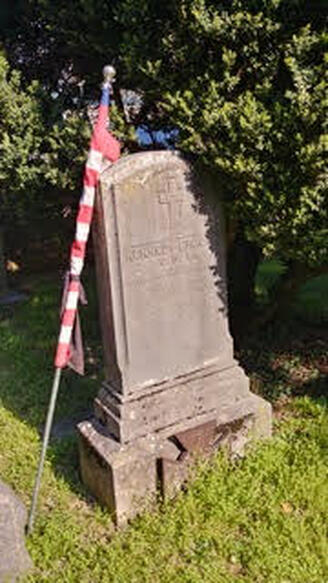 Johnny Reb and Gus Yank Berryvillin': Grumble
Johnny Reb and Gus Yank Berryvillin': Grumble “Do.”
“The assault?”
“With the church aflame, and out of ammunition, the Yanks surrendered.”
“Who were the Yanks?”
“Illinois Irish and Virginians who supported the Union.”
“Grogan is Irish.”
“Yes.”
“Irish killing Irish and Virginians killing Virginians.”
“Correct.”
“Got to keep my sense of humor Johnny.”
“We were mad at the surrendered Yanks.”
“What happened?”
“It was becoming a scene until Grumble Jones showed up and put a stop to it.”
“Grumble?”
“The general in charge, a nickname.”
“Grumble said?”
“They fought like brave men and did their duty. They shall have honorable treatment.”
“Let’s step Johnny.”
“Sure …”
Next Up: 21 August and part IX of the series Johnny Reb and Gus Yank Berryvillin’: Obelisks and Things.
Posted by Bryan W. Brickner

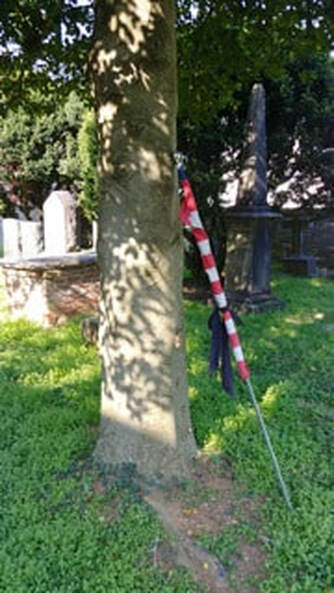
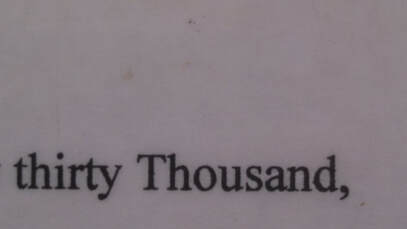
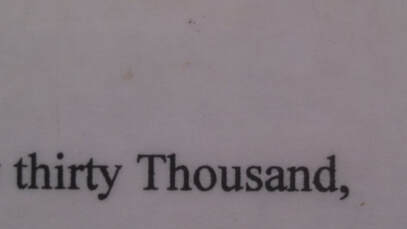





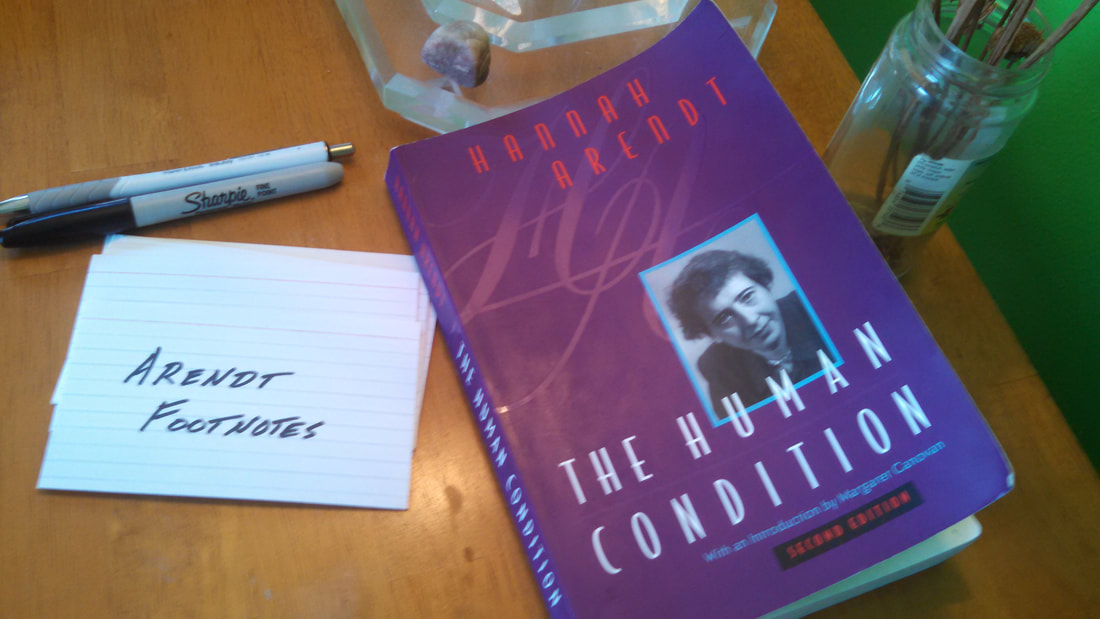

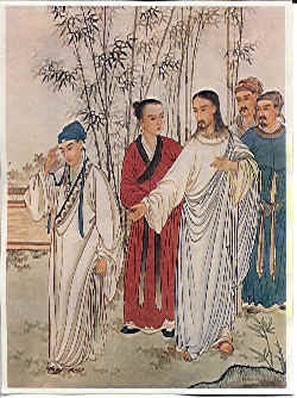
 RSS Feed
RSS Feed
